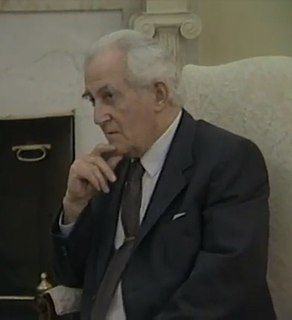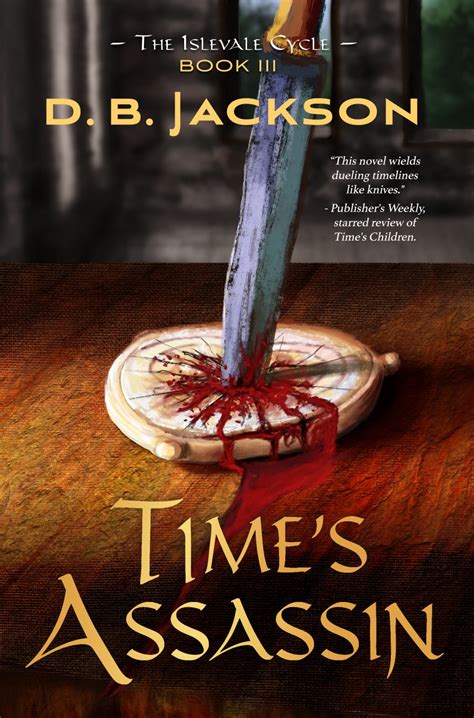A Quote by Jeanette Winterson
Academics love to make theories about a body of work, but each book consumes the writer and is the sum of his or her world.
Related Quotes
Love your material. Nothing frightens the inner critic more than the writer who loves her work. The writer who is enamored of her material forgets all about censoring herself. She doesn't stop to wonder if her book is any good, or who will publish it, or what people will think. She writes in a trance, losing track of time, hearing only her characters in her head.
I was listening to this interview with fiction writer George Saunders the other day, and he said something about how the role of a writer is to build a more detailed world. I think it applies to what Gord Downie is doing with his body of work, which is to build a more detailed world and there's something really political about that.
If he looked into her face, he would see those haunted, loving eyes. The hauntedness would irritate him - the love would move him to fury. How dare she love him? Hadn't she any sense at all? What was he supposed to do about that? Return it? How? What could his calloused hands produce to make her smile? What of his knowledge of the world and of life could be useful to her? What could his heavy arms and befuddled brain accomplish that would earn him his own respect, that would in turn allow him to accept her love?
I can be a fairly hands-on editor, and when I'm editing someone I feel intensely invested in that writer and her work. I love helping to shape a book, and I feel very privileged to get to do that with writers I'm excited about. I think doing that work for the past six years has changed me, and it better prepared me for the questions and suggestions.
Slowly his resistance ebbed. She felt the change in his body, the relaxing of tension, his shoulders curving around her as if he could draw her into himself. Murmuring her name, he brought her hand to his face and nuzzled ardently into her palm, his lips brushing the warm circlet of her gold wedding band. “My love is upon you,” he whispered…and she knew then that she had won.
He wanted to hear her concerns and alleviate them, he wanted to hold her and kiss her and convince her that he would find a way to make their relationship work, no matter how hard that might be. He wanted to to make her hear his words: that he couldn't imagine a lofe without her,that his feelings for her were real. But most of all, he wanted to reassure himself that she felt the same way about him.
One of the most useful parts of my education as a writer was the practice of reading a writer straight through - every book the writer published, in chronological order, to see how the writer changed over time, and to see how the writer's idea of his or her project changed over time, and to see all the writer tried and accomplished or failed to accomplish.
I'm not the most talented writer in the world. I know that. But I also know that I'm disciplined, that I work my butt off, and that I make myself write as much as I can. Writer's block is a luxury I can't afford. I'm a professional writer, which means that I put my butt in the chair each day, and I write. Simple as that.




































